- BlackVoter.Org
- Posts
- BlackVoter.Org
BlackVoter.Org
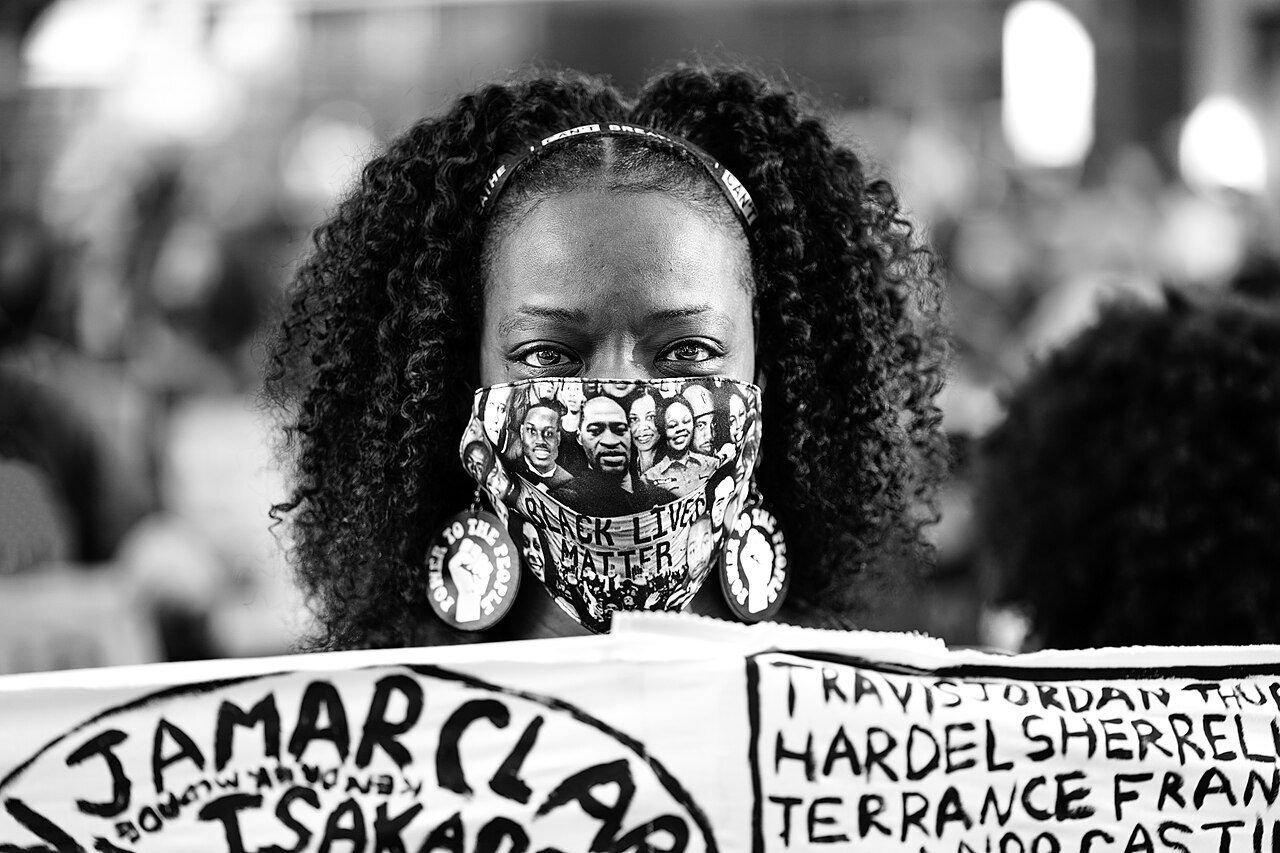
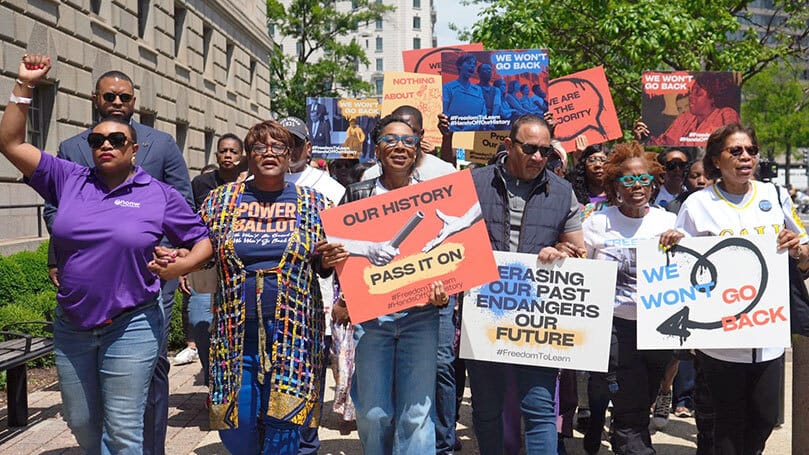
The recent report from the African American Equality Commission of the Communist Party USA highlights the alarming erosion of progress made since the Reconstruction era, spearheaded by the MAGA movement and the Trump administration. Key policies promoting diversity, equity, and inclusion (DEI) are under siege, with corporations like Target retracting initiatives that supported racial equity, prompting nationwide boycotts from the Black community.
The report emphasizes how these actions, alongside Trump’s rollback of civil service protections, disproportionately affect Black workers and threaten public institutions that celebrate African American history. Community struggles are further exacerbated by environmental injustices linked to corporate actions, exemplified by pollution in predominantly Black neighborhoods.
Addressing the intertwined threats to voting rights and immigration protections, the CPUSA remains steadfast in advocating for a "third Reconstruction" and a socialist future that prioritizes people over profits, rallying for civil rights and community health amidst growing adversities.

Dive into the captivating world of genealogy at the International African American Museum's "Getting Started with Genealogy" event! This engaging 30-minute session, held Tuesday through Friday, is perfect for both beginners and seasoned researchers eager to uncover their family's rich history. Discover essential genealogy research techniques—utilizing online databases and traditional archives—while gathering invaluable tips to streamline your family search.
With a friendly Q&A segment, you can delve into your curiosities and findings. Located at 14 Wharfside Street in Charleston, SC, this insightful presentation is included with museum admission, making it an unmissable experience on your journey to connect with your ancestors.
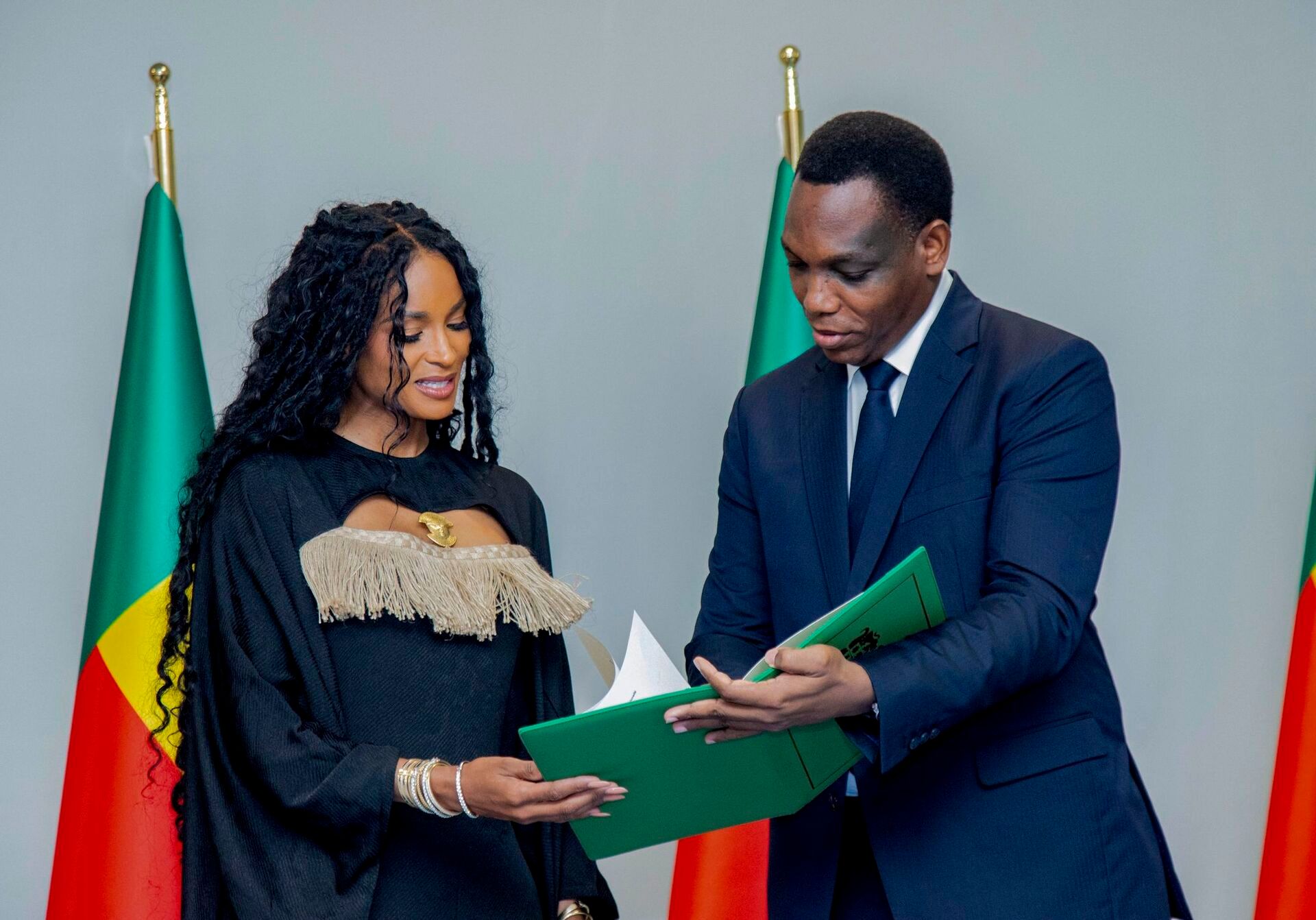
In a historic move, Grammy-winning singer Ciara has become one of the first public figures to receive citizenship in Benin, a West African nation, under a newly enacted law aimed at granting citizenship to the descendants of enslaved individuals. The ceremony, held on July 26, 2025, in Cotonou, symbolizes a broader initiative by Benin to acknowledge its past role in the transatlantic slave trade and welcome the Black diaspora back to its shores.
Justice Minister Yvon Détchénou called it a “healing” act of justice and belonging. The law allows those with lineage linked to the slave trade to apply for citizenship, further promoting tourism that honors the struggles of ancestors.
Following her citizenship, Ciara poignantly walked the historic Slave Route, reflecting on her heritage and the significance of this emotional journey. This initiative aims to foster connection and remembrance, inviting Afro-descendants to explore their roots in Benin.

A recent analysis by Fair Fight reveals alarming statistics regarding voter registration purges in Georgia, highlighting that Black Georgians are disproportionately affected. As the state embarks on a substantial “voter list maintenance” initiative, nearly 478,000 registered voters received cancellation mailers.
While Black individuals represent about 31% of registered voters, they account for over 44% of those targeted for removal, suggesting systemic issues of voter suppression. Fair Fight's CEO, Lauren Groh-Wargo, underscores that young Black voters are particularly at risk, with significant implications looming ahead of the pivotal 2026 midterm elections.
State officials defend the purging as routine maintenance, denying any racial intent. However, the situation raises serious concerns about equitable access to the ballot.
As Georgia gears up for the elections, voters are urged to verify their registration status ahead of the August 20 deadline to respond to cancellation notices.
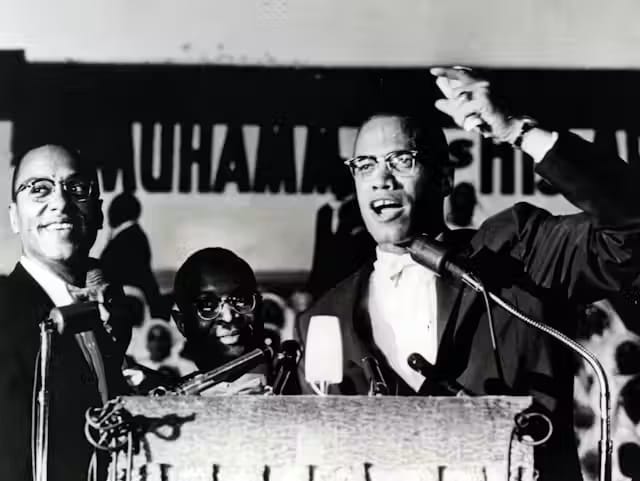
In celebration of Malcolm X’s centennial, British professor Kehinde Andrews engaged in a thought-provoking discussion with Dr. Jared Ball about the late activist’s legacy and political evolution.
Dr. Ball’s book challenges Manning Marable's 2011 biography, which painted Malcolm as a figure of reinvention while exposing personal flaws.
Instead, Ball argues that Malcolm’s true brilliance as a political thinker emerged after his split from the Nation of Islam, exemplified by his founding of the Organization of Afro-American Unity. Although his early views on politics were limited, Malcolm critiqued the Black community's political maturity and advocated for Black nationalism.
This dialogue reveals the complex narratives surrounding Malcolm X’s life, questioning which portrayal—Marable’s or Ball’s—aligns more closely with reality. Ultimately, it highlights Malcolm's potential for radical political thought and the enduring impact of his legacy on electoral politics today.
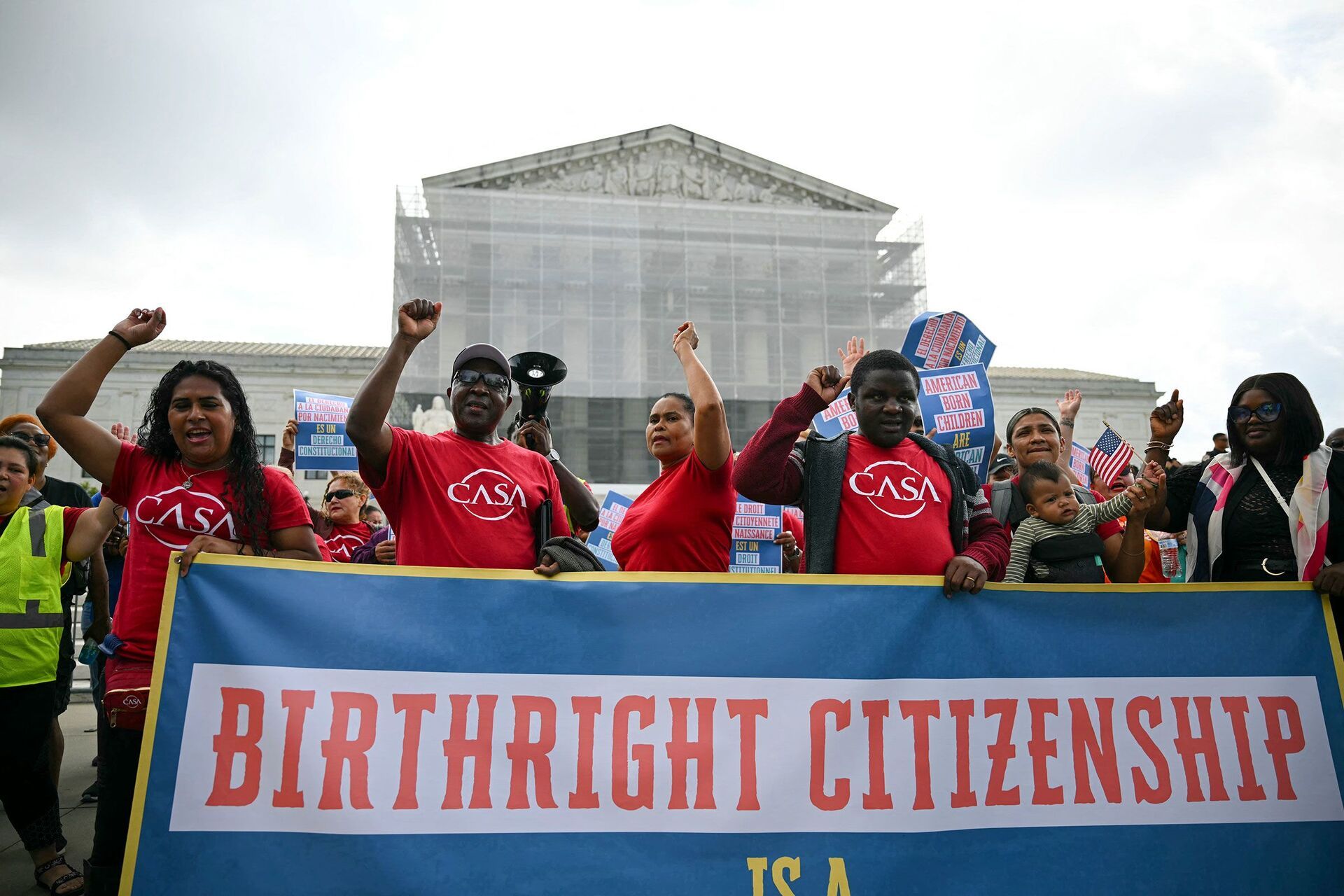
Recent documents reveal the Trump administration's plans to change passport and Social Security rules in efforts to enforce his controversial executive order on birthright citizenship. Following a Supreme Court decision allowing these changes, new guidelines from several federal agencies suggest that parents will face increased scrutiny regarding their immigration status when applying for their children's citizenship documents.
This includes requiring original proof of parental citizenship for passport applications and introducing stricter documentation for obtaining Social Security numbers for newborns. Critics argue that these measures are unconstitutional and unnecessarily complicate processes for legal U.
S. citizens.
Despite being on hold due to ongoing legal challenges, the administration is preparing for potential implementation. Advocates for immigrant rights express determination to combat this order, emphasizing that children born in the U.
S. remain citizens, regardless of their parents' immigration status.
The ongoing debate continues to fuel tensions regarding immigration policy and citizenship rights in America.
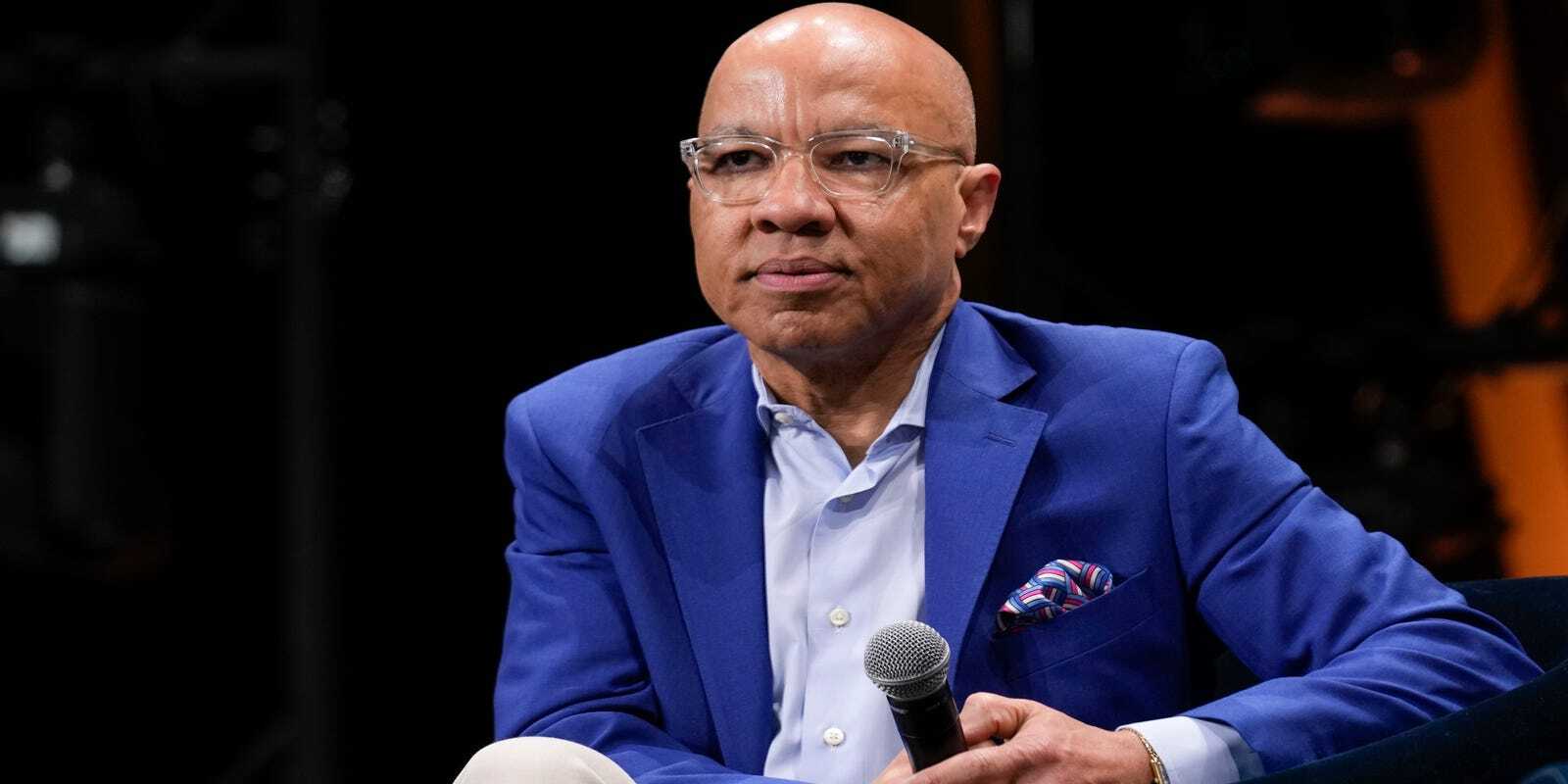
As he prepares to step down as president of the Ford Foundation, Darren Walker reflects on a tumultuous 12 years marked by growing inequality and weakened democracy in America. His upcoming book, "The Idea of America," captures his journey from a disadvantaged background in Texas to leading one of the nation’s most influential philanthropic organizations.
While he acknowledges past actions may not have fully addressed the deep societal divides, Walker maintains a hopeful outlook, inspired by the resilience of marginalized communities. He champions a future where philanthropy takes bold risks in supporting innovative solutions and emphasizes the vital need for strong democratic institutions.
With Heather Gerken set to take the reins, Walker believes the foundation will continue its commitment to fostering democracy and tackling inequality. His narrative is a blend of reflection, responsibility, and an enduring belief in a better future for all Americans.